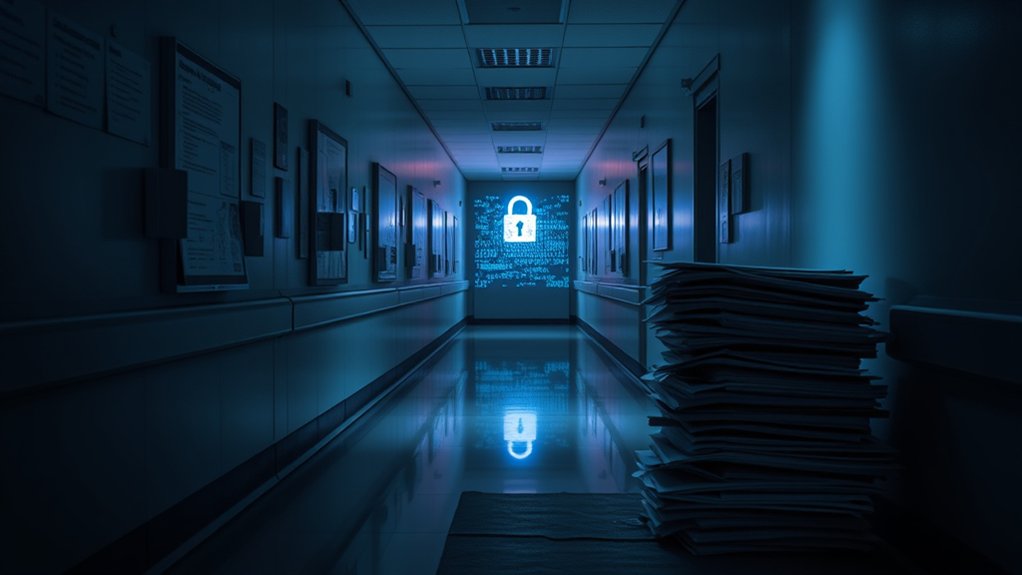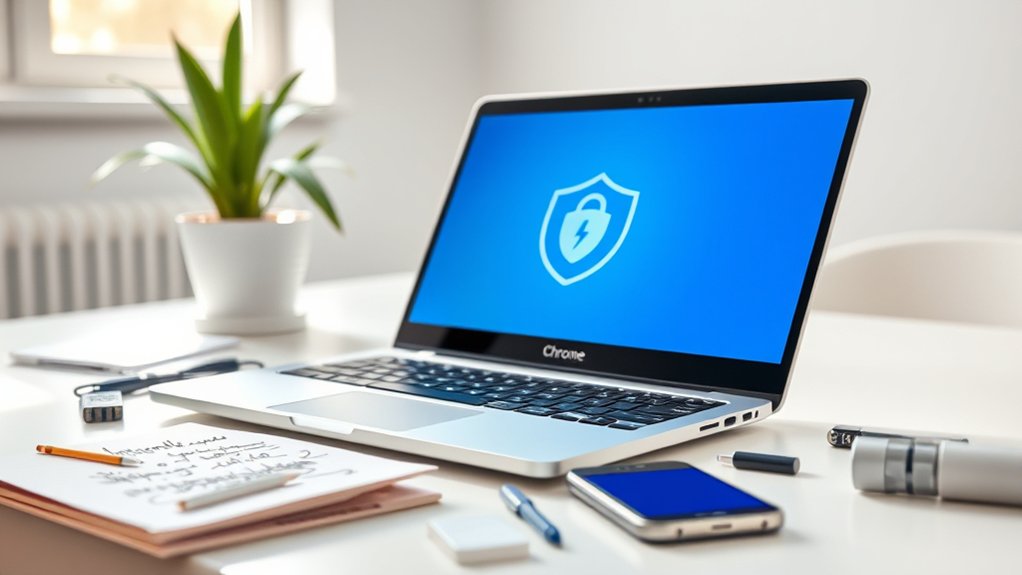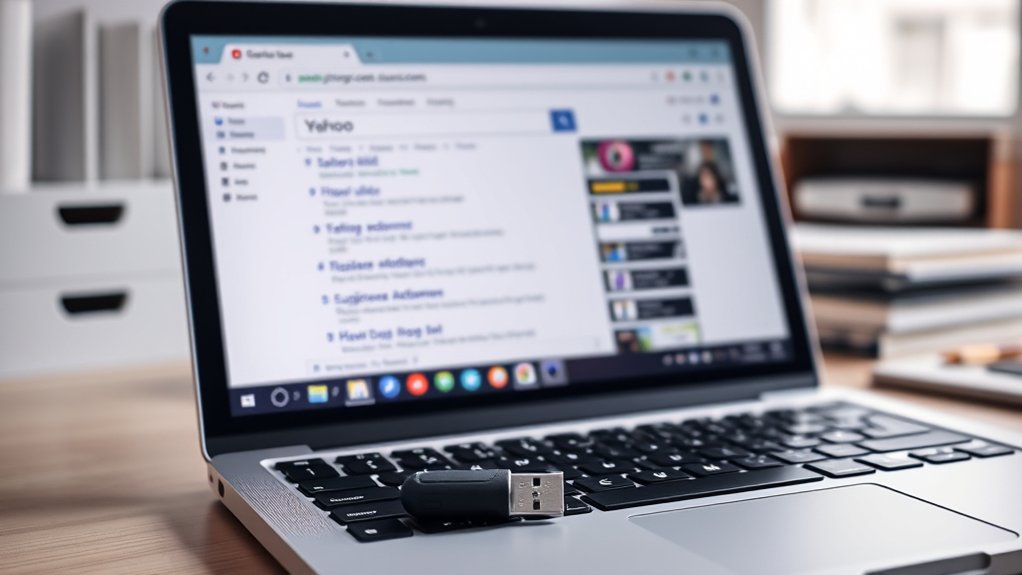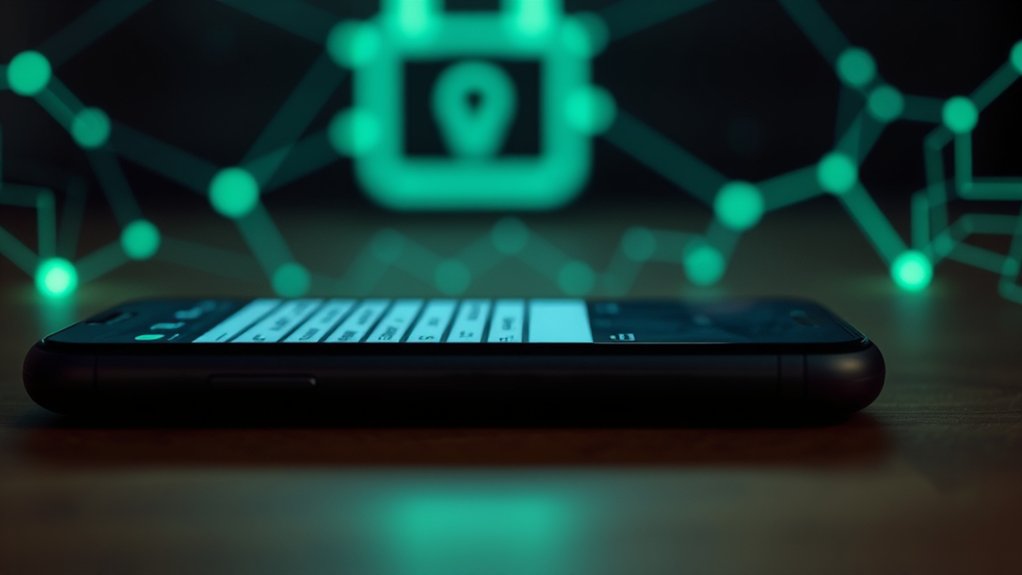In February 2024, Change Healthcare experienced a severe data breach, marking the largest cybersecurity incident in U.S. healthcare history. A ransomware attack by the ALPHV/BlackCat group compromised sensitive information of approximately 190 million individuals. The breach resulted from unauthorized access to an employee’s login credentials lacking multifactor authentication, leading to the theft of personal data, including Social Security numbers and medical records. Regulatory investigations have since begun, underscoring the urgent need for improved cybersecurity in the health sector. More details are forthcoming.

A considerable data breach involving Change Healthcare transpired in February 2024, marking the largest cybersecurity incident in U.S. healthcare history. The breach, precipitated by a ransomware attack, eventually affected up to 190 million individuals, nearly doubling the initial estimate of 100 million. Attackers, identified as part of the ALPHV/BlackCat group and later involving another faction named RansomHub, demanded and received a ransom payment of $22 million, notably disrupting healthcare services nationwide. Unauthorized access was attained by the hackers through an employee’s login credentials, particularly without multifactor authentication, which facilitated the breach of sensitive health and personal data. The types of compromised information included names, addresses, dates of birth, Social Security numbers, medical record numbers, diagnoses, and financial details. In testimony, CEO Andrew Witty revealed that this breach represented a ransomware attack affecting a third of U.S. individuals. The incident pointed to glaring weaknesses in healthcare cybersecurity, underscoring the urgent need for improved protective measures. Additionally, the widespread impact of the breach underscored the importance of understanding cybersecurity risks that organizations face in today’s digital landscape.
The intrusion severely disrupted various healthcare operations, causing interference with insurance approvals and payment systems crucial to many medical facilities across the country. Consequences of the breach echoed throughout healthcare services. Medical claims processing and pharmacy networks faced substantial interruptions, threatening the continuity of care for countless patients. Furthermore, this incident underscored vital vulnerabilities in health sector cybersecurity, prompting investigations by regulatory bodies, including the HHS Office for Civil Rights, which is examining potential violations of HIPAA compliance.
Affected individuals began receiving notifications in July 2024, raising concerns about possible identity theft and unauthorized financial transactions. In response, Change Healthcare is providing identity theft protection services to those impacted. Experts recommend that individuals closely monitor bank and credit statements for suspicious activities, freeze their credit reports to thwart new account openings, and engage in regular credit report checks to identify unauthorized changes.
As discussions regarding regulatory responses unfold, including new legislation aimed at strengthening data security standards and holding negligent executives accountable, the need for improved cybersecurity in healthcare has become abundantly clear.
Frequently Asked Questions
How Can I Protect Myself From Future Data Breaches?
To safeguard against future data breaches, individuals should implement multifactor authentication (MFA) on sensitive accounts, as it notably improves security.
Utilizing strong, unique passwords, supplemented by password managers, is likewise recommended.
Regular credit report monitoring can help identify unauthorized activity without delay.
Furthermore, enrolling in identity theft protection services and freezing credit reports may reduce risks.
Experts highlight the importance of employee education regarding cybersecurity practices to minimize personal vulnerabilities and improve overall protection.
What Should I Do if My Data Was Compromised?
Individuals whose data has been compromised should take immediate action to mitigate potential harm. Experts recommend regularly checking credit reports for discrepancies and freezing accounts to prevent unauthorized access.
Moreover, one should monitor bank and financial accounts for unusual transactions. Signing up for identity theft protection services can provide extra security.
In the end, individuals must remain vigilant and implement multifactor authentication on critical online accounts to strengthen safeguards against future incidents.
Is Change Healthcare Still Secure After the Breach?
Change Healthcare’s security post-breach remains under scrutiny. The organization is enhancing its cybersecurity measures by implementing multi-factor authentication and improving employee training.
In spite of the breach impacting approximately 190 million individuals and leading to significant data exposure, experts underscore the importance of ongoing vigilance. Continuous monitoring of dark web activity and compliance with regulatory standards, such as HIPAA, are crucial steps highlighted by cybersecurity specialists to restore trust and safeguard sensitive information.
What Are the Legal Ramifications for Change Healthcare?
The legal ramifications for Change Healthcare include multiple lawsuits alleging negligence related to data protection. These claims have been consolidated in the District of Minnesota, focusing on financial damages incurred by consumers and providers.
Regulatory investigations, particularly by the Office for Civil Rights, evaluate compliance with HIPAA standards. Failure to meet these requirements could result in severe penalties, further complicating the company’s legal and financial standing.
Are Other Healthcare Companies at Risk of Similar Breaches?
Healthcare companies face significant risks of data breaches because of rising cyberattacks, particularly ransomware incidents.
Statistically, one in three large data breaches involves healthcare systems. The absence of standardized cybersecurity regulations exacerbates vulnerability.
Experts highlight that sensitive health data attracts attackers, necessitating heightened security measures.
Legislation aimed at establishing minimum cybersecurity standards is currently being proposed to address these risks, urging industry-wide accountability and improved protective strategies to safeguard patient information.









